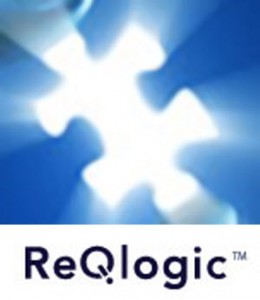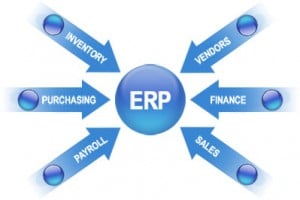Accounting Software New York Consultant Reviews VENDOR Invoice and Approval Automation
Accounting Software New York Consultant Reviews ReQlogic: Vendor Invoice and Approvals and More… As accounting software and Microsoft Dynamics ERP...

 Accounting Software Selection Tips
Accounting Software Selection TipsYour accounting software is the most important part of your business, and correctly determining which accounting tasks the software should ideally handle can make or break the success of your team. To choose new accounting software, make a list of the items in addition to the basic accounting requirements that you want the program to handle, such as reporting, importing, e-banking, and fixed assets. Software that fits perfectly today may not be enough a year from now. Keep business growth and expansion in mind when creating your “scope list.”
Accountnet is a Gold Certified Partner for Microsoft Dynamics. We’re based in New York City and serve the Northeast. Contact us today for a free needs assessment or to learn more about our services.
Photo courtesy of freedigitalphotos.net by deam designs

Accounting Software New York Consultant Reviews ReQlogic: Vendor Invoice and Approvals and More… As accounting software and Microsoft Dynamics ERP...

1 min read
Accounting Software New York Area Consultants Help Customers Move from Accounting Software to ERP Software As accounting software and ERP software...

ERP Implementation Trends: What’s Ahead in 2015? If you are like most businesses, this time of year that is you will reflect on past performance and...